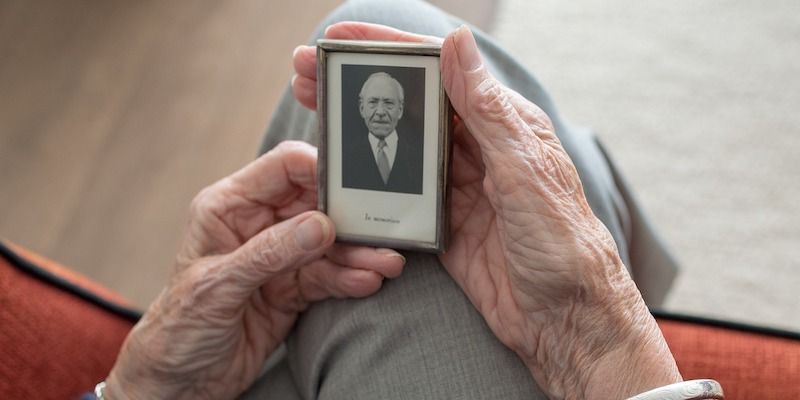Teamwork is an essential aspect of success in any organization. A team that works well together is able to accomplish more than a group of individuals working separately. The Psychology of Teamwork is a complex field that involves understanding human behavior, motivation, communication, and group dynamics. In this article, we will explore the 7 habits of highly effective teams.
1. Communication is key
Effective teams have open and transparent communication. Members of the team should feel comfortable sharing their thoughts, ideas, and concerns. It is important for team members to listen to each other and provide feedback in a respectful manner. Clear communication helps to avoid misunderstandings and ensures that everyone is on the same page.
2. Trust and respect
Trust and respect are fundamental building blocks of a successful team. Team members should trust each other to do their part and respect each other’s opinions and contributions. Without trust and respect, conflicts can arise and teamwork can break down. Building trust takes time but is essential for a team to function effectively.
3. Shared goals and objectives
Highly effective teams have a clear sense of purpose and direction. Team members should be aligned on the goals and objectives of the team and work together towards achieving them. It is important for the team to have a shared vision and set of values that guide their actions and decision-making.
4. Collaboration and cooperation
Successful teams are able to collaborate and cooperate with each other. This means working together towards a common goal, sharing resources and information, and supporting each other’s efforts. Collaboration involves putting the team’s interests above individual interests and being willing to compromise and find a solution that benefits everyone.
5. Accountability and responsibility
Each team member should take ownership of their role and responsibilities within the team. Accountability means holding yourself and others accountable for their actions and performance. When team members take responsibility for their work, they are more invested in the team’s success and are motivated to do their best.
6. Adaptability and flexibility
Effective teams are able to adapt to change and be flexible in their approach. This means being open to new ideas and ways of working, and being willing to pivot and adjust their strategies as needed. Teams that are rigid and resistant to change can struggle to overcome challenges and obstacles.
7. Celebrate success and learn from failure
Highly effective teams celebrate their successes and learn from their failures. It is important to acknowledge and reward achievements, no matter how big or small. When team members feel appreciated and valued, they are more likely to continue to work together towards a common goal. Additionally, it is important to learn from failures and mistakes to avoid making the same errors in the future.
In conclusion, teamwork requires effort and commitment from all team members. By practicing these 7 habits of highly effective teams, organizations can build a strong and successful team that is able to achieve its goals and objectives. A successful team is greater than the sum of its parts and can accomplish amazing things when working together towards a common goal.



